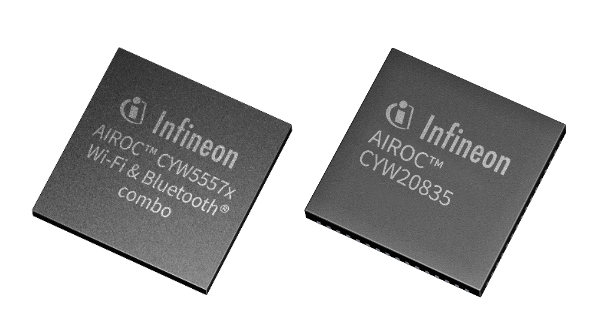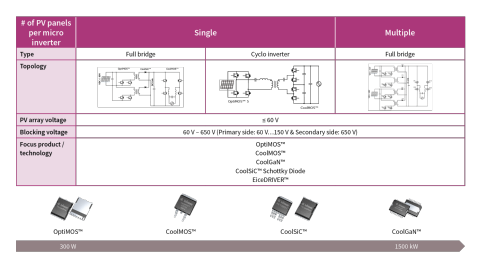Microinverter solutions
Microinverters convert power at individual photovoltaic (PV) panels and are usually rated at below 400 Watt for single PV panels and up to 1.5 KW for multiple PV panels. Microinverters typically rely on two-stage power conversion.
First, booster or maximum power point tracking (MPPT) stage is used to boost and maximize the energy harvested from the PV panels. Then in the inverter stage, AC voltage is generated, that is compatible with single or three phase gird.
Contrary to string inverters that are connected to multiple panels in series and perform MPPT per string of PV panels, microinverters are attached to one, two or four PV-panels. That is why overall system energy yield with microinverters are more than string inverters.
Podcast4Engineers: Solar
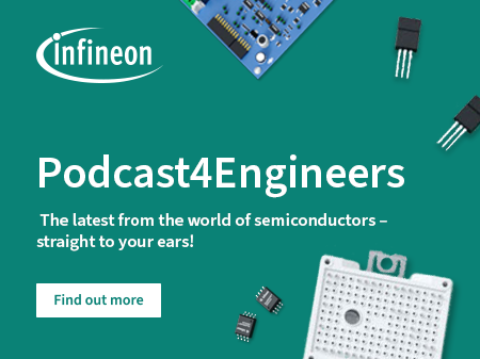
Photovoltaic systems – commonly known as solar power – are driving the shift from fossil fuels and bringing us closer to having abundant, green energy. Innovative and reliable power semiconductors and inverter technologies ensure that harnessing solar power is more convenient, efficient, and attractive.
Whitepaper: Silicon carbide MOSFETs for next-level power density in solar and energy storage
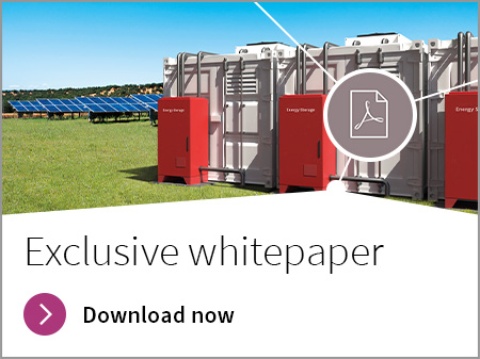
The latest generation silicon carbide semiconductors and CoolSiC™ MOSFETs enable a significant increase in power conversion efficiency in solar power generation systems and associated energy storage. Read more about these applications and how lower loss not only saves energy, but also results in smaller and lighter equipment with lower capital, installation, and maintenance costs.
In the technical introduction training, you became familiar with the full-bridge transformer driver family 2EP, which is a reliable power supply that supports Infineon’s top-notch switches and isolated gate drivers. By the end of this deep dive, you will be able to describe the working principle of this family and know about possible applications by understanding the effect of input voltage changes, transformer transfer ratio, and duty cycle changes on the isolated output voltage.
This video will introduce you to the 2EP EiceDRIVER™ power family, along with its features and advantages. Additionally, you will have an overview of the extensive application scope of the 2EP.
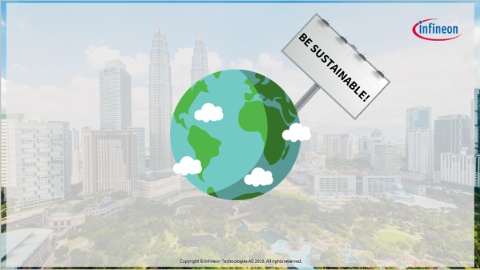
Let’s learn more about how solar inverters work, from the ones we have in our houses, to the ones that are applied in major factories. We will also see how Infineon innovates in power semiconductors for solar inverter technology and how that can help with reducing costs and time to market.
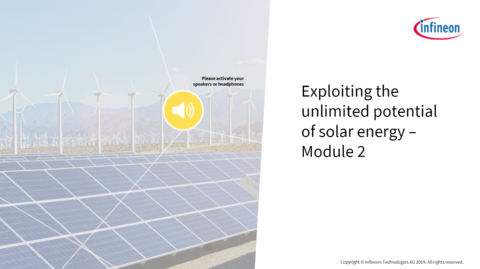
In this module, we will have a look at different solar inverter trends and how the technology is evolving.
And afterwards, we will see what Infineon’s comprehensive solutions for the positioning of solar applications are.
Webinars
Solar and Energy Storage Systems (ESS) are crucial in the energy supply chain. This webinar gives an overview of solar and ESS trends and discusses the importance of residential solar and ESS for renewable decentral energy generation. It will also discuss the different architectures of home energy systems and how Silicon Carbide (SiC) and Gallium Nitride (GaN) can improve performance in various power conversion stages to meet future application trends.
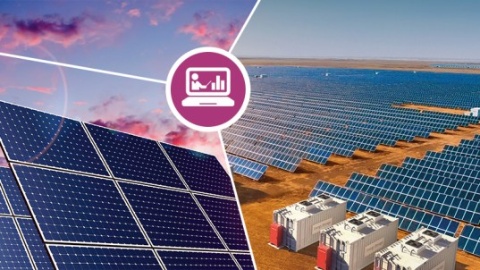
Join the webinar to learn about the positioning of SiC for in solar and energy storage applications. We will talk about the benefits of using Infineon’s Silicon Carbide MOSFET for solar and energy storage power conversion supported by real application examples.
In joining the webinar you will get a better understanding of the main technology trends in solar inverters.








